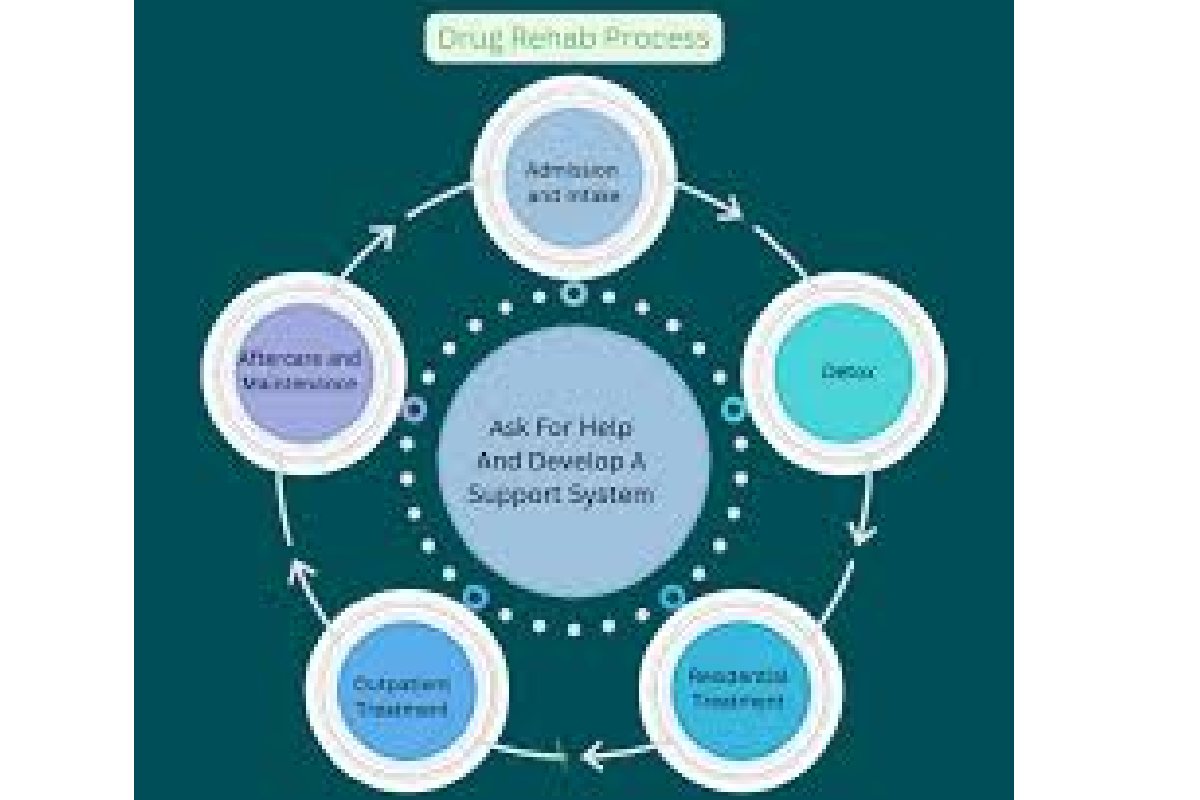When it comes to overcoming addiction, the journey can be as complex as the reasons that led to substance dependency in the first place. Drug rehabilitation facilities provide the supportive environment and professional care necessary to navigate the path to recovery. These centers aim to help individuals rebuild their lives, overcome substance use, and maintain long-term sobriety. Understanding the critical role that drug rehab plays is essential for anyone affected by addiction as well as their loved ones. Keep reading to explore how rehab can lead to a successful and sustained recovery.
Table of Contents
The Support System in Drug Rehab and Its Role in Preventing Relapse
The support system within a drug rehab facility is one of its most valuable assets. It provides an environment where individuals can share their experiences and challenges without judgment. This network of peers undergoing similar struggles can lead to a sense of camaraderie and mutual understanding, which is instrumental in combatting feelings of isolation and hopelessness often associated with addiction.
Furthermore, the professional staff at rehab centers are not only knowledgeable about addiction and recovery but also provide a dependable presence and guidance throughout the process. Their role extends to educating family members and involving them in the recovery process, which can be essential for fostering a supportive home environment post-rehab.
Access to an extended support network after leaving the facility is also crucial. Many rehab centers, including the Scottsdale drug rehab, maintain strong alumni programs that encourage former patients to stay connected, share their successes, and offer support to one another. These ongoing connections can be a lifeline during difficult times and help prevent relapse.
The Science Behind Addiction and How Rehab Makes a Difference
Understanding addiction as a chronic disease of the brain is crucial in recognizing the importance of rehab. It is characterized by compulsively seeking and using drugs despite harmful consequences. The repeated use of substances can alter the brain’s chemistry, affecting the reward system and the ability to control impulses, leading to the cycle of addiction.
Rehab programs employ evidence-based treatment methods grounded in scientific research. These include pharmacotherapy, which may involve medications to manage withdrawal symptoms and cravings, along with behavioral therapies designed to modify attitudes and behaviors related to drug use. This combination is critical in helping patients achieve long-term abstinence.
Moreover, rehab provides a structured environment that minimizes the triggers associated with addiction. It fosters a supportive setting where individuals can focus solely on recovery without the distractions or negative influences of their usual environment. This separation is vital for allowing the brain to heal and for new, healthier patterns of behavior to be established.
Customized Treatment Plans as a Key to Success in Recovery
Successful recovery is often contingent upon a personalized approach to treatment. Rehab centers conduct thorough assessments to understand each patient’s history with substance abuse, their circumstances, and any co-occurring mental health conditions. Utilizing this information, a tailored treatment plan is devised to meet the individual’s specific needs.
Customized plans may comprise various therapeutic modalities, such as cognitive behavioral therapy (CBT), contingency management, motivational interviewing (MI), and family therapy. By casting a wide net with multiple treatment approaches, rehab centers can adapt to the ever-changing needs of patients during their recovery journey.
The flexibility of these treatment plans is also critical as patients may progress at different rates or encounter setbacks along the way. Rehab professionals are skilled at adjusting the level and type of care to ensure that treatment remains effective. They work closely with patients to navigate any challenges and celebrate progress.
Life After Rehab: Maintaining Sobriety and Ongoing Aftercare
Transitioning back to everyday life after rehab is a monumental step. Continuing care, or aftercare, programs are designed to help individuals maintain the progress achieved in rehab. These services can include outpatient counseling, sober living housing, support group meetings, and regular check-ins with addiction counselors.
Maintaining sobriety requires a commitment to lifestyle changes and often involves reshaping daily routines and relationships. Aftercare programs provide the necessary tools and support to make these adjustments, reducing the risk of relapse. Through ongoing participation, individuals can continue their journey of personal growth and healing.
Altogether, drug rehab provides the foundation for a successful recovery by addressing the complex nature of addiction through comprehensive treatment, ongoing support, and aftercare. Overall, it empowers individuals to reclaim their lives and achieve sustained sobriety, fostering a future filled with hope and possibility.

